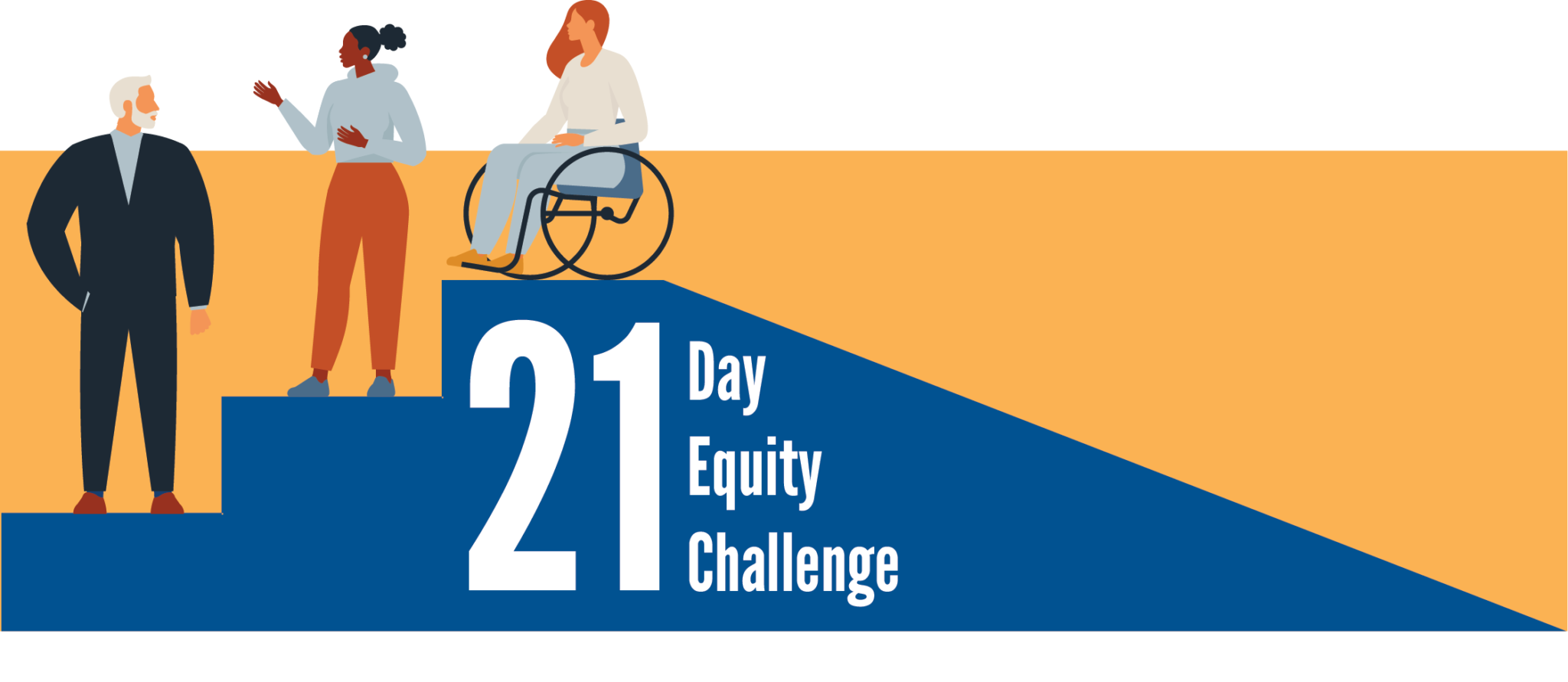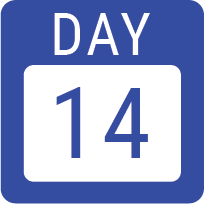
WELCOME TO THE 21 DAY EQUITY CHALLENGE DAY 13!
EARLY CHILDHOOD EDUCATION
“To teach in a manner that respects and cares for the souls of our students is essential if we are to provide the necessary conditions where learning can most deeply and intimately begin.” -bell hooks
Now is the time for equity in early childhood education!
No matter the adverse conditions under which Black people have found themselves, they have excelled in many ways, including academically. In 1879, Harriett Beecher-Stowe observed that right out of slavery, Black people rushed not to the grog shop but to the school room. They cried for the spelling book as bread and pleaded for teachers as a necessity for life.
Not only have Black people historically valued education, research confirms their innate capability to excel. Studies show that there is no achievement gap at birth—at least not one that highlights differences between European-American children and Black children. According to research, Black children outperform their white counterparts on most measures until they start school. (Source: Delpit, L. (2012). Multiplication is for White People: Raising Expectations for Other People’s Children. New York, NY: The New Press.)
Then, what happens? Unfortunately, “deficit thinking” can come into play for some educators. It is a frame through which the Black child can be viewed as either being intellectually inferior, or inept because of their culture. For these teachers, this framing device allows them to blame factors such as poverty instead of examining and changing lesson plans.


